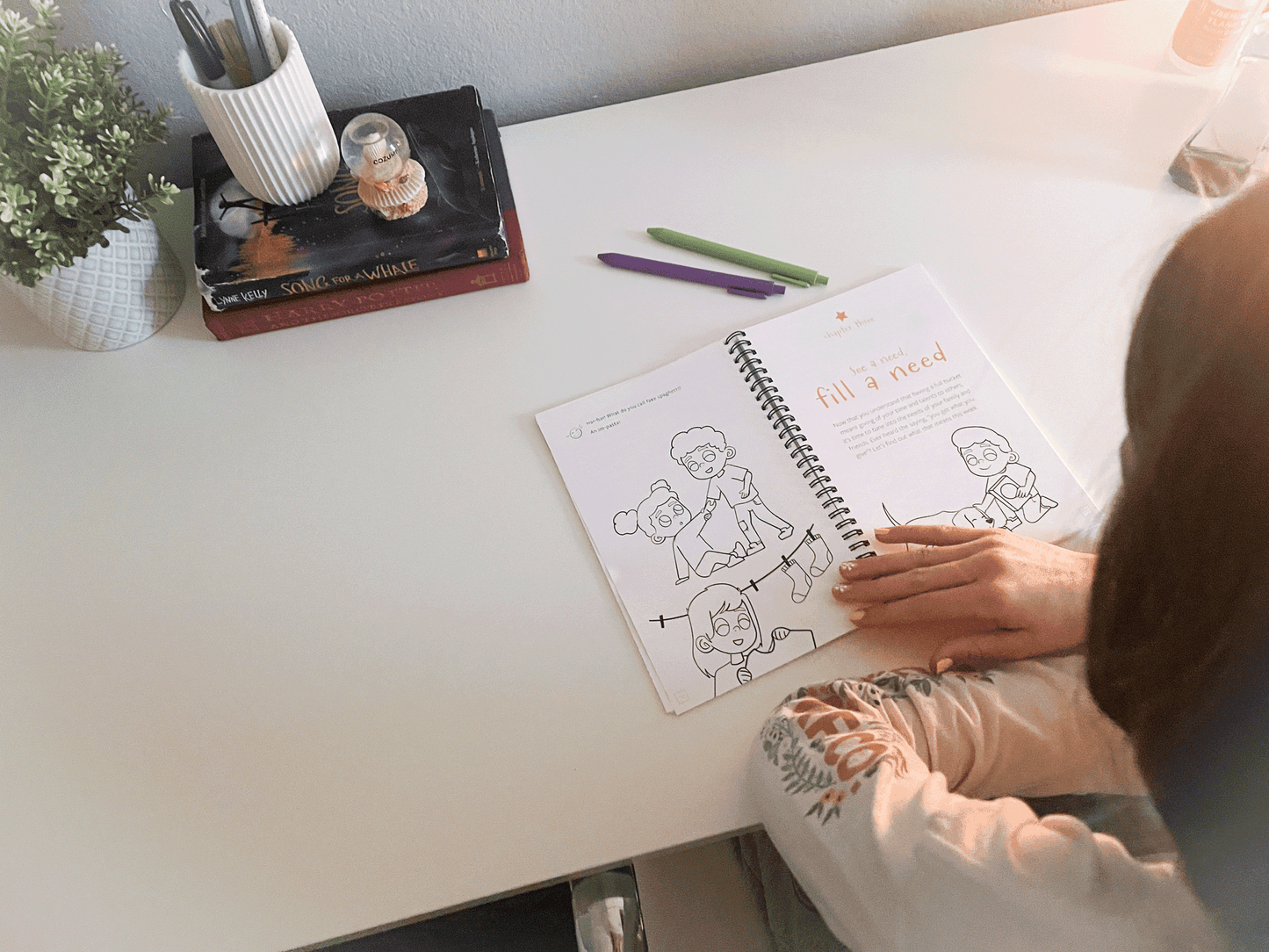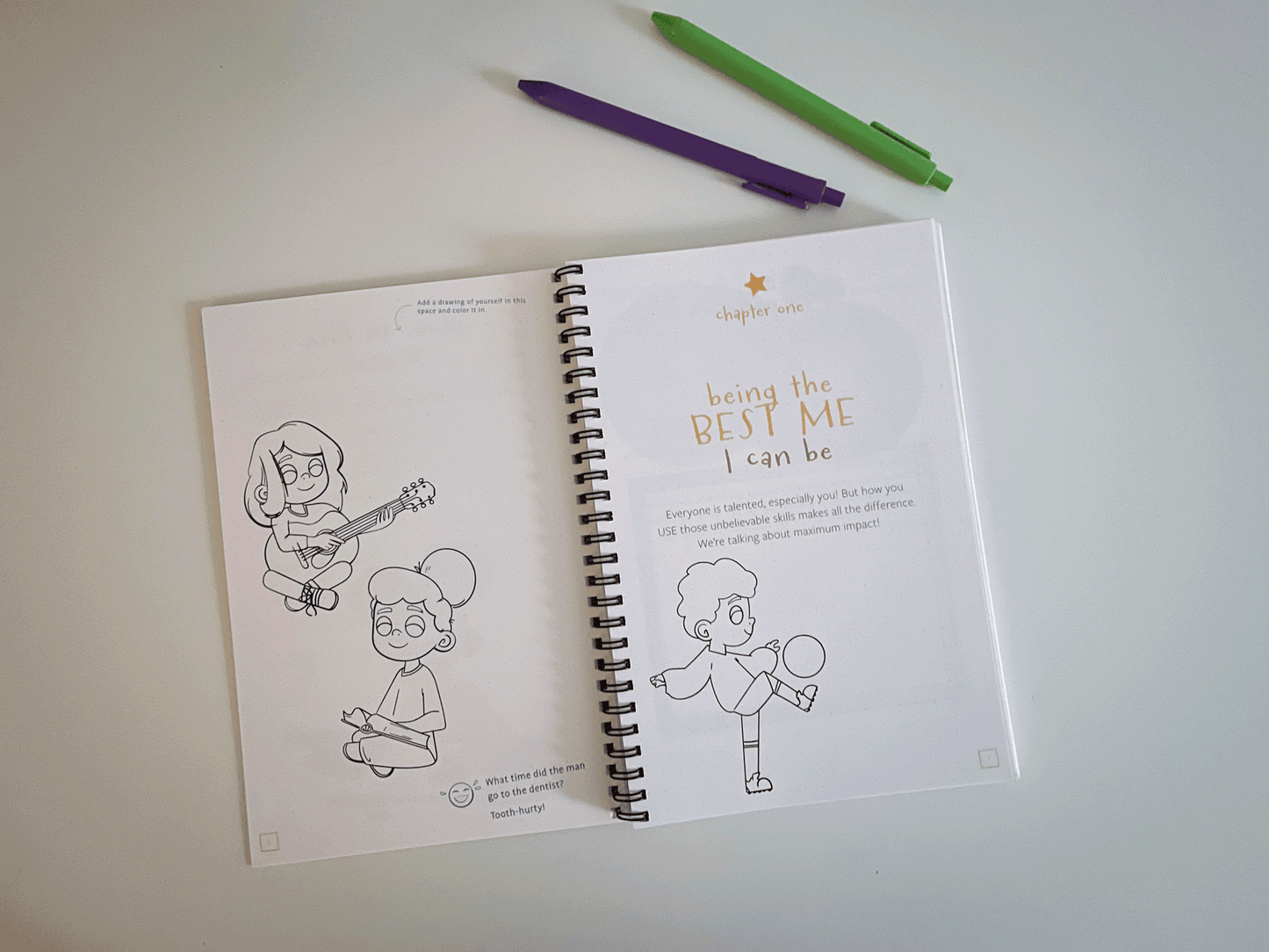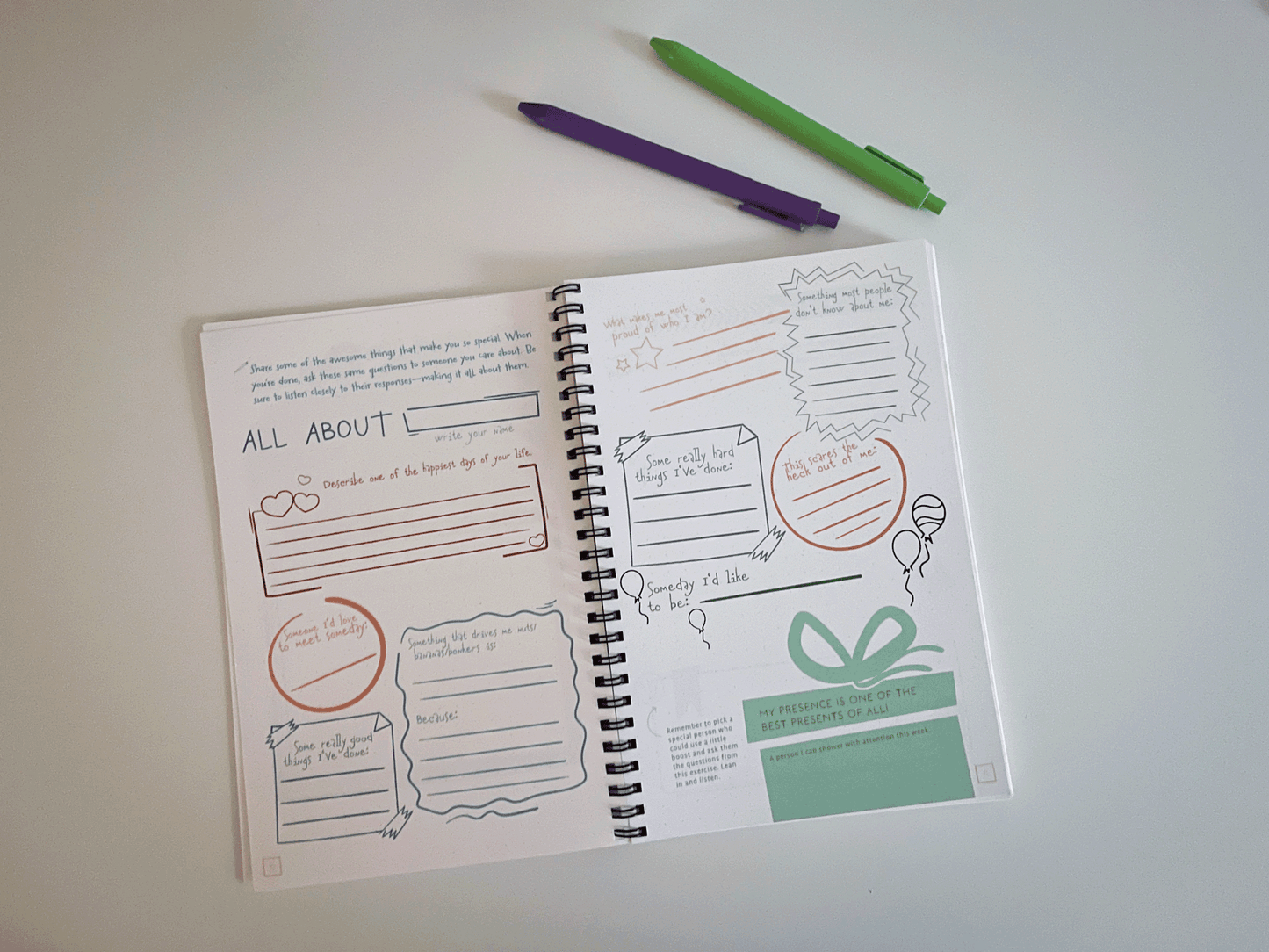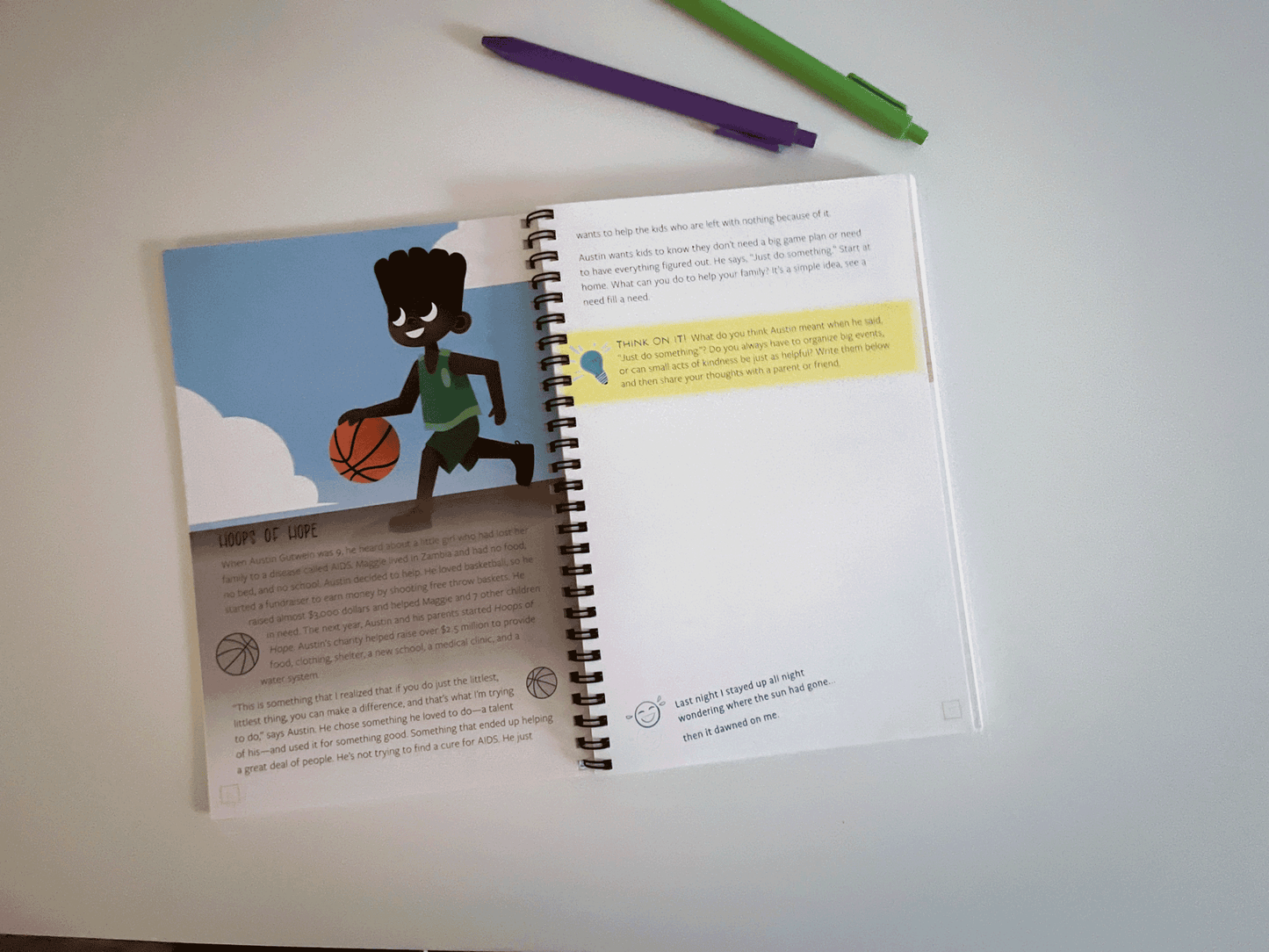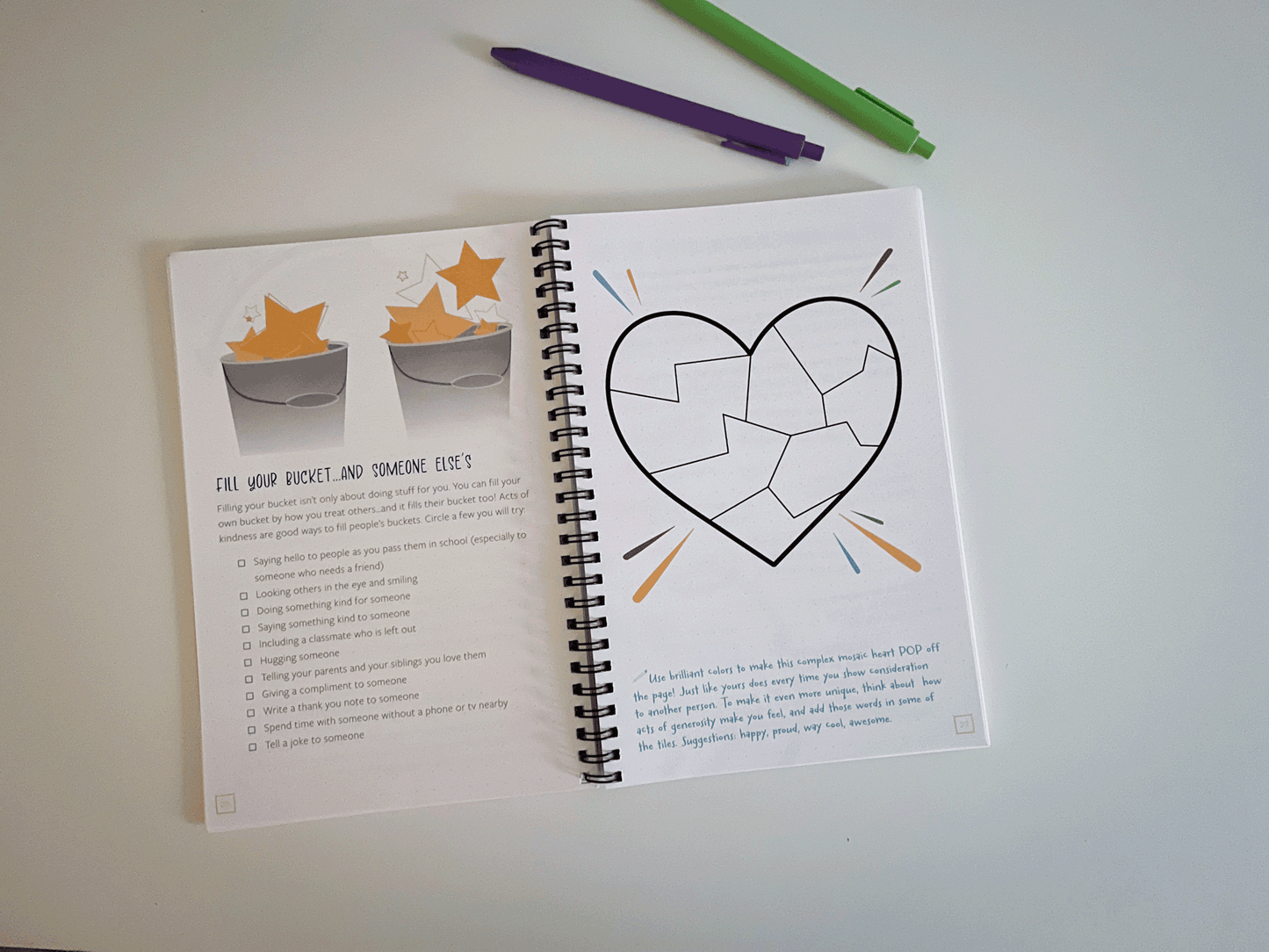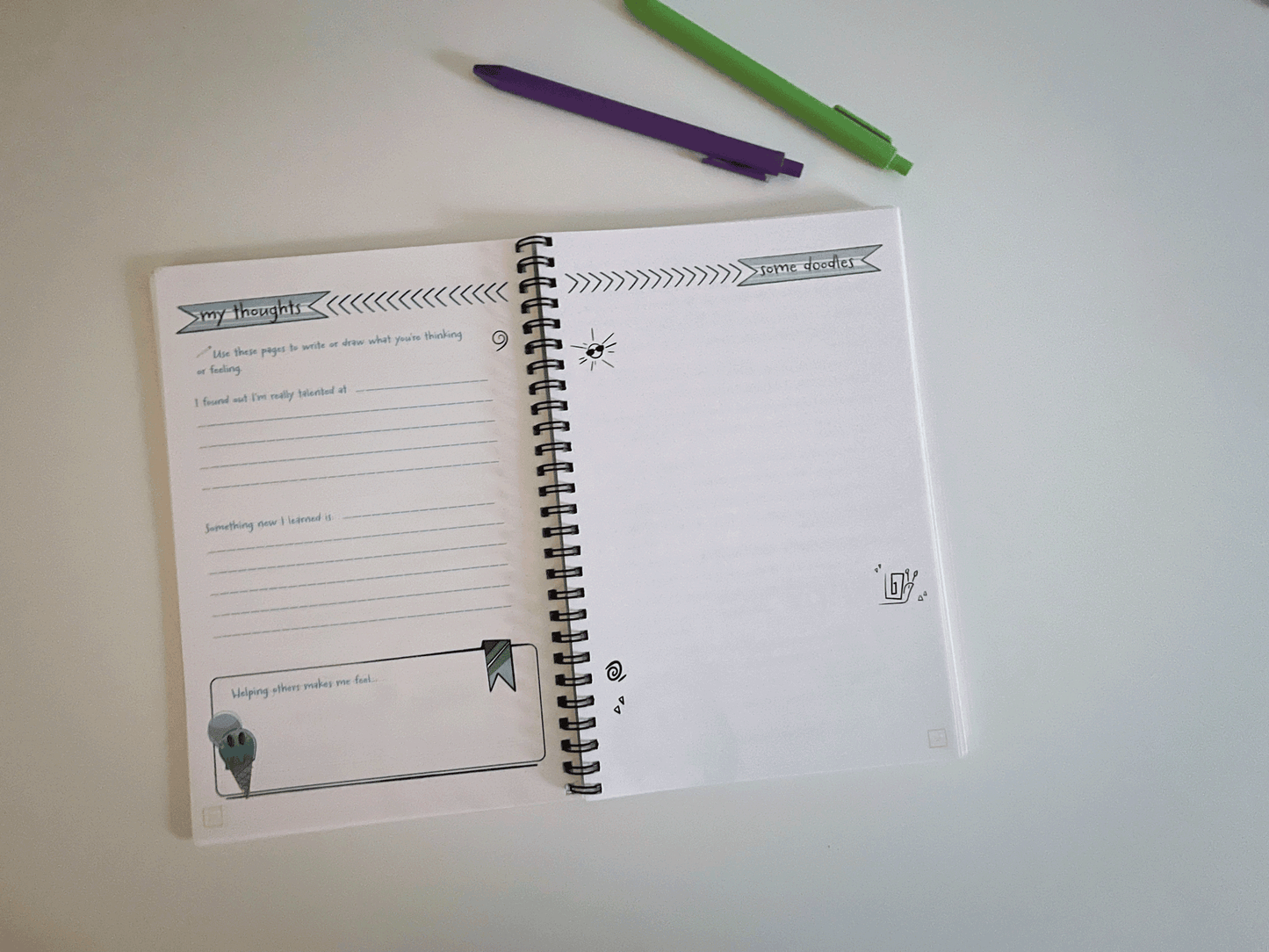So, why are the 2’s so “terrible”?
Mary Jo Gerd
Let’s celebrate. It’s “TWOs Day!” Get it?! 2/22/22
I don’t know about you, but when I think of that many 2s, I break into a cold sweat. I mean have you ever experienced the so-called “terrible 2s” with one of your kids? Yikes. Let’s be honest, there’s a difficult stage at every age range. Did I mention I have a couple of teenagers now? But, what makes certain ages particularly “terrible”? I’m gonna go out on a limb and say… tantrums. Or more appropriately,
Those !@#$*! TANTRUMS! *!@#
This is a clean, family-friendly blog, so use your imagination...
Let’s face it, there are just certain temperaments and particular ages that are just more tantrum-prone. And it’s tough for everyone involved. Dare I say, terrible, even?
Those unexpected meltdowns over the most seemingly inconsequential matters—a smaller than usual goldfish cracker, or a firetruck on the road that refuses to put its lights on… they can be difficult to navigate. What’s a parent to do when confronted with the uncontrollable crying and fury? A couple of weeks ago in the blog, I wrote about helpful tips to up your empathy in parenting. I queried how most of us would fare in a parental empathy test. You can go here to read more and to ask yourself questions to find out how you’re doing in the empathy department.
Empathy in parenting is vital because it acknowledges a child’s emotions (logical or not) in a way that makes them feel valued and heard, which is something we all need as humans. When children think their feelings are being dismissed it can lead to a whole host of problems. Often, “no empathy” parenting backfires. You want your kid to stop crying, but when we react by downplaying their feelings it can be like pouring gasoline on a fire. And I think can we all point to a few adults who probably didn’t get much empathy from their parents when they were kids. That doesn’t mean we simply give in when kids are misbehaving, but we do try to take on their perspective for a moment. That requires leaning into some of the awkwardness of a full-blown tantrum. We’re done theorizing about empathy, this is where the rubber hits the road in day-to-day parenting.
How often have you said,
“C’mon, stop crying. It’s not that bad.”?
Gulp. Is it too late for a re-do? It’s never too late to improve your parental empathy. This is helpful information that works for the tween boy who loses it because he’s having a bad hair day or the teenager who sobs because her sibling borrowed her favorite shirt. How do you relate to children at any age (and adults for that matter) when they’re melting down? BTW, if it’s happening in public, it’s perfectly fine to move it to a more private setting. Consider saying,
I want you to be able to fully express your emotions, so let’s move this to another room.
Once in a safe (out of the way) spot, do not say, “Now quit your crying!” Remember that gas on fire analogy? Showing empathy is not only the compassionate thing to do, it also usually works to diffuse the situation. Keep in mind, it’s not a given and shouldn’t be the reason for the empathy. We can all sniff out inauthentic compassion. But, if you want to show true empathy, there are a bunch of wonderful alternatives to the “quit crying” comment.
10 Things To Say To Your Kid During a Tantrum:
- This is really hard for you.
- It’s ok to be… (sad, upset, angry, frustrated).
- I hear you and I’m with you.
- Tell me about it.
- That must have been really… upsetting. (or fill-in-the-blank to suit the situation)
- I’m here to help.
- I’m listening.
- It’s ok if you need some space. I’ll be over here when you’re ready for me.
- It doesn’t feel fair.
- I love you.
And sometimes, the most empathetic response requires no words at all. A warm hug or shoulder to cry on can work wonders.
Golden Rule Much?
When you come right down to it, these responses work because they’re exactly how we’d like to be treated in a situation. The next time you find yourself facing one of those “terrible” tantrums, take a deep breath and try one of the above “golden” statements. Just a thought, but it would probably work great with a spouse too. Consider—how have you felt when someone told you to “just get over it?” Did it work? When was the last time someone showed you empathy when you were upset? How did it feel? Start a discussion at dinner tonight about stepping into someone else’s shoes. What does that expression even mean and why do we hear it so often?
You’ve got this!

If you like our common sense approach to parenting with character, you’ll love our “Adventure into Character” kits. Every other month, delivered right to your doorstep, unbox engaging activities and fun, practical prompts to build cooperation, collaboration, and mutual appreciation in your family dynamic. You’ll build on orderliness & organization, respect, gratitude, and more. No screens required! The kids will be having so much fun, they won’t even realize they’re building character. Winning!

If you have an issue you’d like our help with, drop us a line at Hello@FamiliesofCharacter.com. If you’re experiencing a problem, chances are thousands of other families are in the same boat. We’re ALL in this parenting boat together!
Remember to tap into our Thrive Community on Facebook. It’s free and our team’s very own clinical counselor offers helpful tips and encouragement to parents who are adventuring together.





